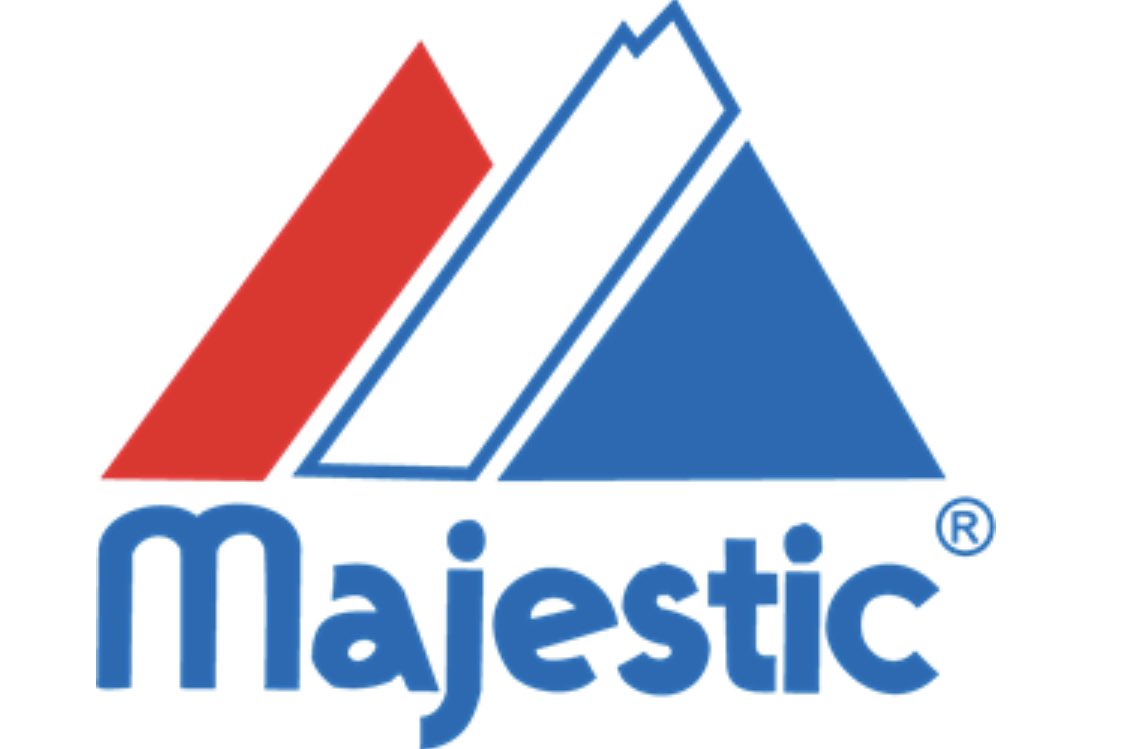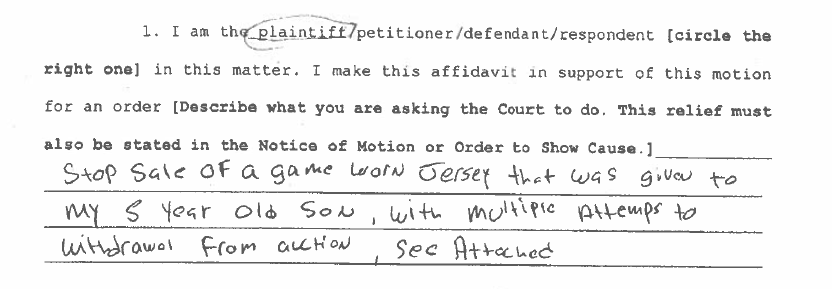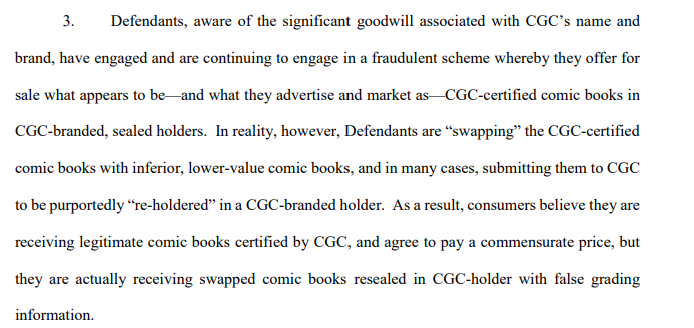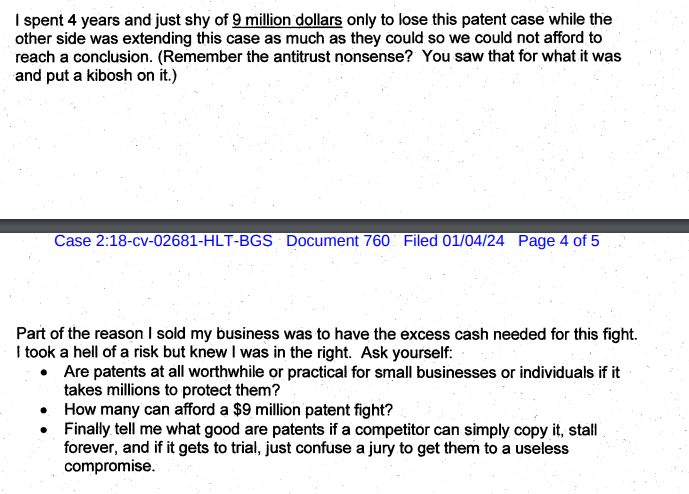In #TheHobby trademark news...um...I'm going to need some help here.
Topps filed notice that it MIGHT file an opposition against the below trademark.
Anyone have an idea as to which of Topps' marks it thinks this might be too close to?
Topps filed notice that it MIGHT file an opposition against the below trademark.
Anyone have an idea as to which of Topps' marks it thinks this might be too close to?

If it helps, the mark is owned by Insight 2 Design and basically covers batteries, flashlights, backpacks, furniture, drinkware, hammocks, towels and clothes. 

At this time, Topps does not have to identify the mark(s) it is concerned about; it only needs to do that once/if an opposition is filed. And if that happens, it'll be March 25, 2023.
So...good luck figuring this one out!
So...good luck figuring this one out!
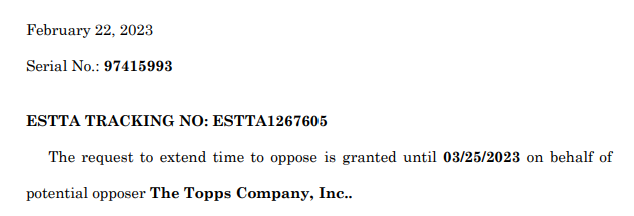
Extra credit: What is this trademark? WRONG ANSWERS ONLY
My answer: someone drunkenly crawling to bed at 3:30 AM.
My answer: someone drunkenly crawling to bed at 3:30 AM.

• • •
Missing some Tweet in this thread? You can try to
force a refresh

